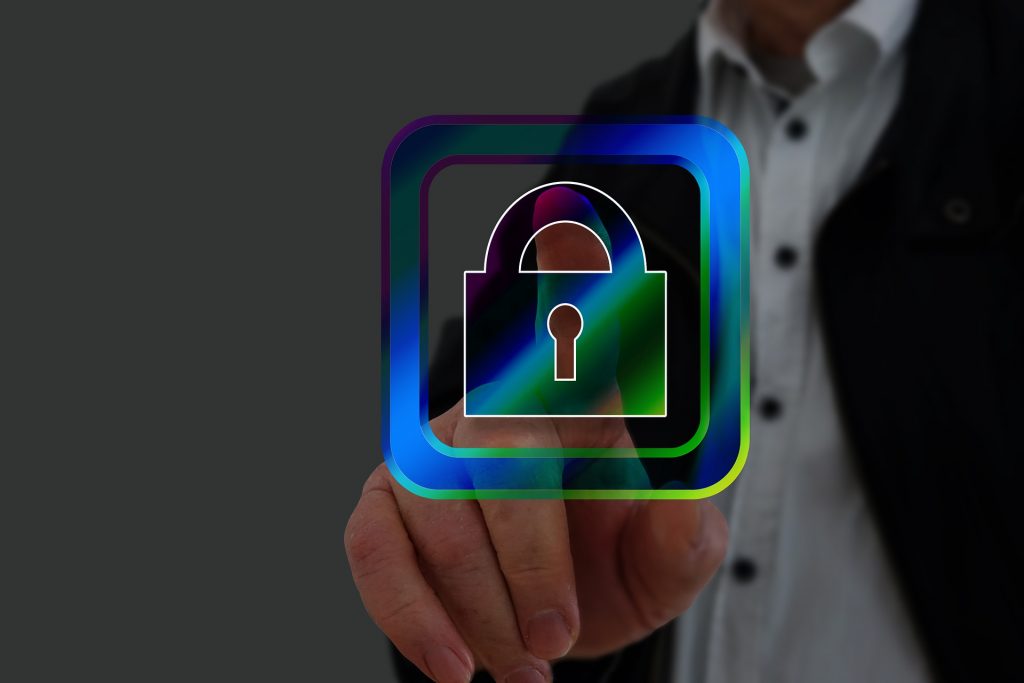The smart lock is the newbie trend taking over the hospitality market. Although, it was in the market for quite some time.
But its popularity emerges after the Covid-19 pandemic when customers and businesses go digital.
Before it, the hotels use mechanical door locking systems for thousands of years.
The old mechanical door locking system is easy to use and batteries and electricity are not required for them to operate.
However, they are not advanced like electric door lock systems. Electric door lock systems eliminate the need for a key to open or lock the door.
Remote locking and unlocking are possible through automation and one can easily control it through smartphones.
Apart from it, there is an increase in security concerns across the globe.
Hence, to keep the unwanted people out of reach or to easily track the time a person enters the room, we must switch to Electronic Lock System.
Through it, guest or staff can access a room without using a bulky key.
In this blog, we will look at different types of smart lock and then we will understand points we should consider before choosing them.
Types of smart lock

The list major types of smart lock are below.
Radio-frequency identification (RFID)
RFID recognizes signals to open doors through electromagnetic waves.
The contactless transmitter-receiver system uses radio waves to identify objects and people. Moreover, you can also use it with the electronic door lock.
To do the same, program a chip and attach it into a small transponder available on the door. The door will receive a signal through radiofrequency.
You can reprogram the code cards for each and every guest, Moreover, the system is secure.
The major disadvantage of RFID is you cannot operate it, in case of power failure.
Chip card or Integrated Circut cards
They are handy electronic authorization devices, useful for controlling access to rooms in a hotel.
Chip cards with sensors are extensively used in hotels for locking doors. You can easily reprogram it for every guest.
Guest have to insert the card into a small slit in the door lock to enter the room and other guest areas.
They are easily transferrable and guests and staff both can use them without any complications.
However, there is one major demerit of using cards is they can be lost.
PIN
Another secure lock system is code lock with PIN. It can easily unlock by entering the correct sequence of digits on the touchpad or keypad.
Among touchpads and keypads, keypads are more secure because they are water-resistant and occupy less space.
Through it, there is a possibility of using several PINs, and multiple users can access it.
Points to consider before choosing a Smart Lock for hotel
Keypad and combination smart lock
There are different types of door locks like facial recognition, fob, fingerprint scanner, and using Pincode.
Most popular for hotels is entering pin codes. As the name suggests, smart locks with keypads need a master passcode to unlock the door.
Hence, a numeric code can grant entry to a property or facility.
The guest has to enter the exact code via a numerical pad. Moreover, different passcodes can be set for different people or different groups.
Thus, whenever there is a change in staff, you can easily update passcodes.
Security
Like most technologies, smart locks also come with hacking and poor battery life concerns.
But, if you select and use them correctly, they are reliable and secure.
Among the knob and deadbolt smart lock types, deadbolt door locks are more secure.
They are available in single- and double-cylinder styles and are rated from Grade 1 to Grade 3 in their strength.
You can use Grade 1 or Grade 2 for your hotel.
Compatible with other system
Compatibility allows two systems to work together smoothly.
You cannot create a seamless user experience if your smart lock is not compatible with other devices in the hotel.
Compatible devices can easily communicate with each other and there will be no compatibility issue.
Control
One can easily control people who can access the electronic door lock. Also, you can check who goes inside and exit the rooms of the hotel.
If you want to know the name of the specific staff who visited which room, then issue employee-specific proximity cards.
Hence, after going through the points, you understand what are the major requirements smart lock can fulfill.
After considering your hotel size, budget, security it needs, demand of guests and other factors, you can choose the most suitable system.
How to tackle risks associated with breach of electronic locking system
But with technology, comes the risk of security. Recently, many hotels witness the breach of electronic door locks. To minimize it, one must proactively implement the measures below:
- Give proper training to all the staff on security practices.
- Moreover, assign a particular area of the hotel to a few staff to keep an eye on. Because criminals avoid going to active areas.
- Consistent monitoring of CCTV cameras to trace any nocuous activity. But make sure the cameras are efficient and upgraded, so that no visibility issues crop up.
- Regularly check the security protocols of the system. Like, changing passwords after some time interval, application update and revisions, level of accessibility to staff members.
Conclusion
We can conclude, there are various types of smart lock systems available in the market as per needs and demands of hotelier.
I hope the above details will help you in making sound decisions for your hotel.
If you want a hotel reservation system
Apart from that we have also released an add-on that will allow you to send smart keys to the customer when they make bookings on your website.
To know more about the add-on QloApps Hotel Smart Lock Connector click here.
If you want to learn about the functionality of QloApps then you can visit this link: QLO Reservation System – Free Open-Source Hotel Booking & Reservation System
In case of any query, issue, or requirement please feel free to raise it on QloApps Forum
Moreover, you can raise a ticket to connect with our experts for any assistance.
